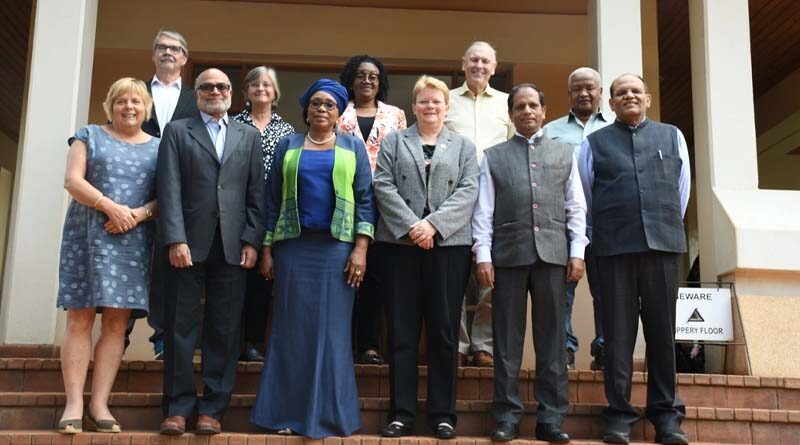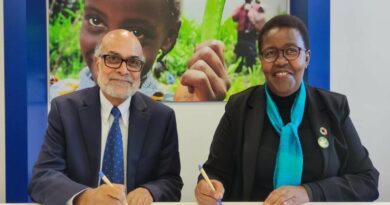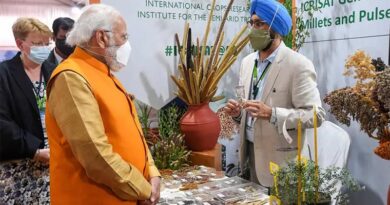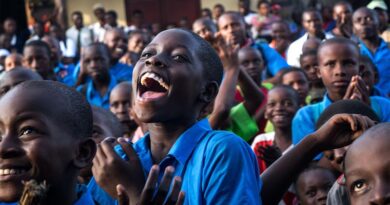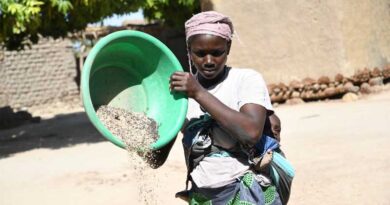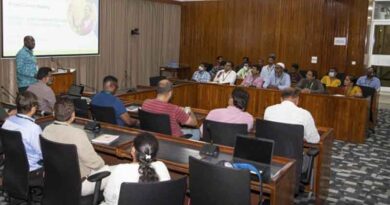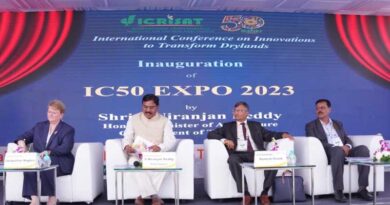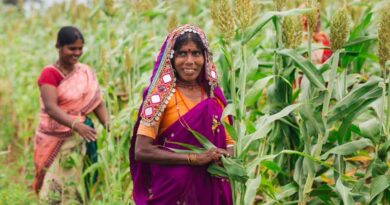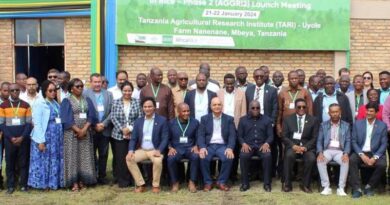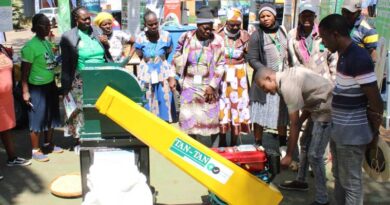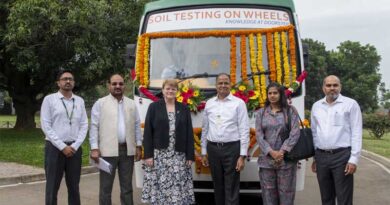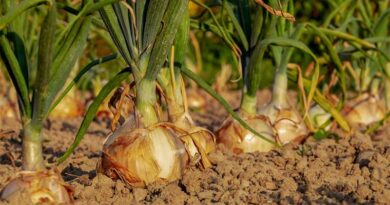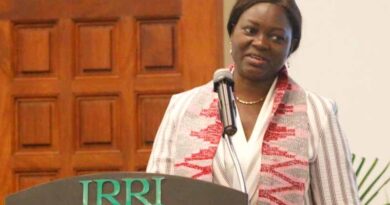ICRISAT Governing Board hails Institute’s 50 years of impacts and new horizons
07 November 2022, Kenya: Nairobi, Kenya: The Governing Board of the International Crops Research Institute for the Semi-Arid Tropics (ICRISAT) – the world’s leading drylands Institute – has recommitted to its mission of reducing poverty, hunger, malnutrition and environmental degradation as an independent entity, to better respond to increasingly complex challenges facing the drylands.
The Board which exercised its right to not remain within the formal governance structure of the Consultative Group on International Agricultural Research CGIAR, remains a key partner within the global framework of agricultural institutes working to advance agriculture for the world’s poor.
Governing Board Chair Professor Prabhu Pingali said that the common vision and values that ICRISAT shares with the global community in creating a brighter future for dryland communities, meant that autonomy did not preclude cooperation.
“Our common association with international agricultural organisations will continue to deliver new scientific, evidence-based solutions to agriculture and food systems in the drylands on which some 2.2 billion people depend.
“ICRISAT will also continue to play a pivotal global role in conserving genetic resources for this and future generations.
“For half a century, ICRISAT has been a proud steward of the global repository of genetic resources for millets, sorghum and legumes, held in trust under the auspices of FAO since 1994 and since 2004 implementing the Article 15 agreement with the International Treaty on Plant Genetic Resources for Food and Agriculture (ITPGRFA).
“We are pleased to share that the recent ITPGRFA meeting called for continued support to the ICRISAT gene bank,” said Professor Pingali.
The Institute’s mandate crops – millets and grain legumes, and their cropping systems – are widely recognized as increasingly critical to addressing persistent malnutrition in marginalized communities across the drylands of Asia and Africa along with the vagaries of climate change.
“The challenges facing the drylands demand of us new, innovative and more agile ways to address the increasingly complex challenges and indeed opportunities present in the drylands, and to this end, we are implementing our new strategic plan 2021 – 2025.
“On behalf of the Board, I want to commend ICRIAT’s leadership and staff, past and present, for the impacts they have delivered over the last 50 years to dryland communities who reside in some of the harshest conditions on the planet.
“We are heartened that our endeavours, which include world firsts, such as early maturing groundnut, continue to deliver the transformative impact and pragmatic development outcomes being sought by Governments, donors and partners, and for which was most recently affirmed by the Institute being awarded the Africa Food Prize 2021.
“We are committed to forging a consensus on future collaborations noting that ICRISAT is about to enter its next 50 years of operation in advancing agri-food systems in the drylands across Africa and Asia” said Professor Pingali.
Professor Pingali concluded by saying ICRISAT is looking forward to celebrating the United Nations “International Year of Millets 2023” and is working closely as a key partner with the Food and Agriculture Organization (FAO), India and other national and sub-regional bodies to highlight the significance of millets for food and nutrition.
Also Read: Agriculture and the agricultural economy is the strength of India: Union Agriculture Minister
(For Latest Agriculture News & Updates, follow Krishak Jagat on Google News)

